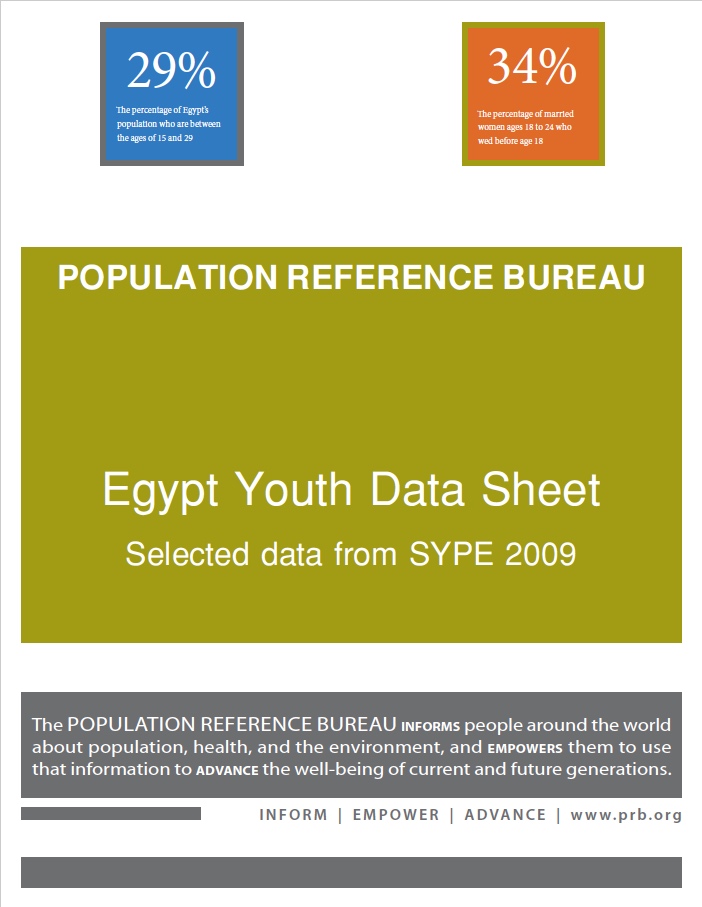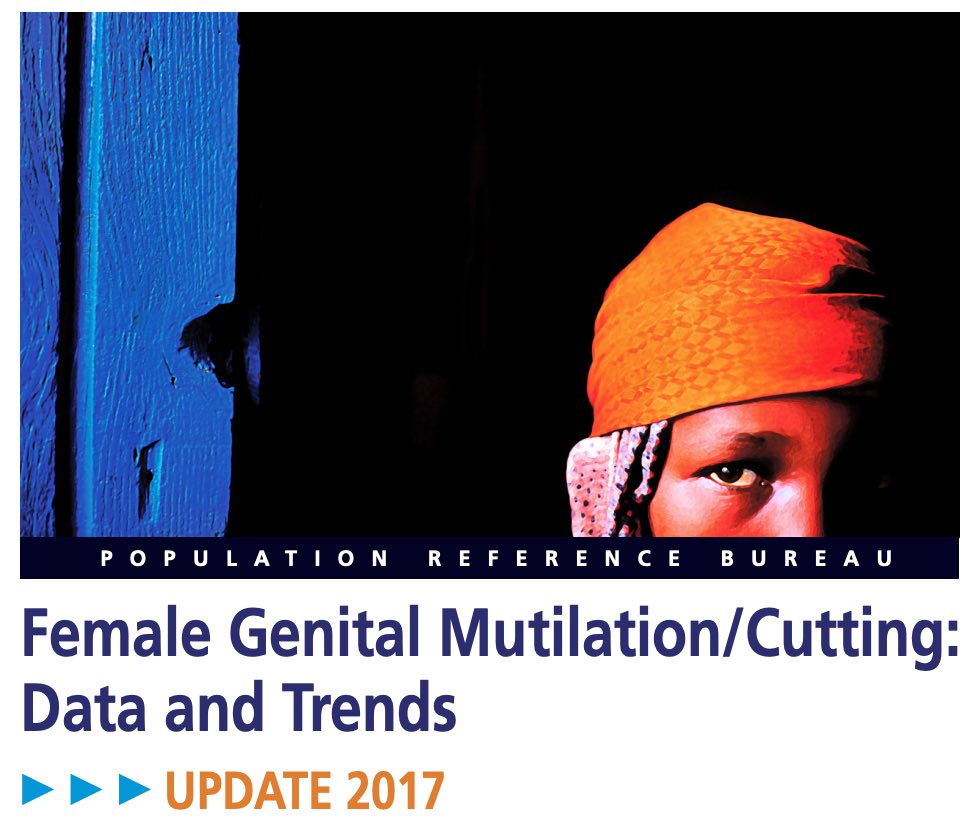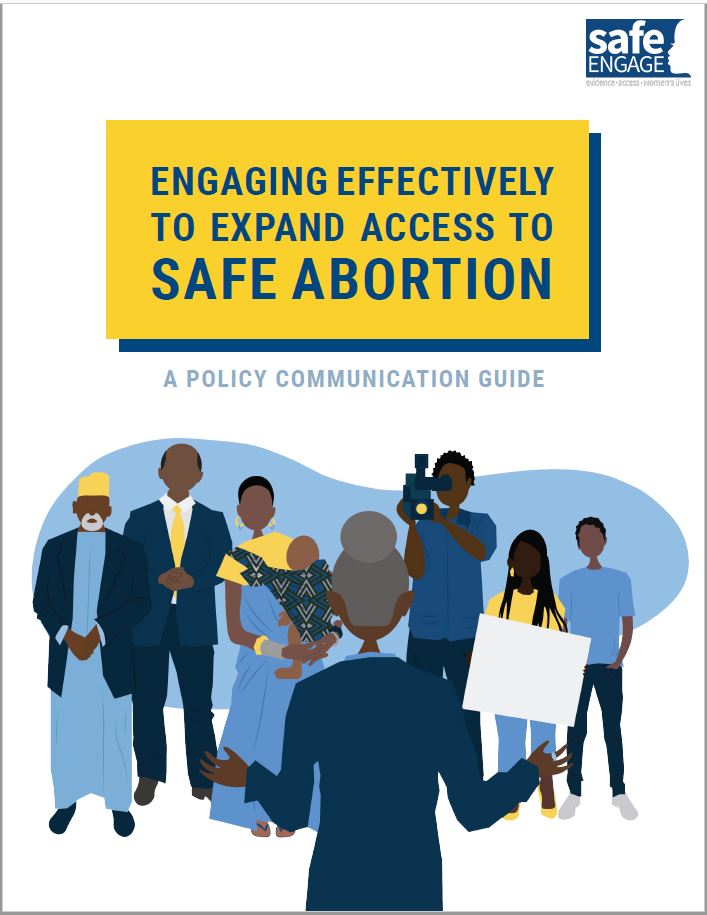665 Search Results Found For : "파주데이트대행비용【TALK:za32】www.za32.net#천호동출장샵천호동출장안마천호동콜걸샵"

Project: Demography and Economics of Aging and Alzheimer’s Disease
Coronavirus Stress and Fear
Stress and fear during coronavirus social isolation can alter gene activity in ways that affect your immune system, but doing good deeds can bolster health.
Domestic Violence in Developing Countries: An Intergenerational Crisis
(2004) A new comparative study using nationally representative information on domestic violence in nine developing countries finds that women whose fathers abused their mothers are twice as likely to suffer domestic abuse themselves.

Project: Evidence to End Female Genital Mutilation/Cutting
Reflections From Five Years of Research on FGM/C
From 2015 to 2019, the African-led consortium developed innovative research methods and uncovered new evidence about the practice and how it is changing—focusing on families and communities, and health and legal systems—in eight countries: Burkina Faso, Egypt, Ethiopia, Kenya, Nigeria, Senegal, Somalia, and Sudan.

In Egypt, Young Women and People Living With HIV/AIDS Are Among the Most Disadvantaged
(2012) Jan. 25, 2012, marked the one-year anniversary of the antigovernment protests in Egypt that led to President Hosni Mubarak's resignation. Hundreds of thousands of Egyptians, including a vast majority of young people, demanded political freedom, better wages, and better working conditions.

Project: PACE: Policy, Advocacy, and Communication Enhanced for Population and Reproductive Health
Wallchart. Female Genital Mutilation/Cutting Data and Trends, Update 2017
Female Genital Mutilation/Cutting: Data and Trends Update 2017, produced with support from the U.S. Agency for International Development, provides the latest data on the practice in 29 developing countries with representative and comparable data—although FGM/C occurs worldwide.

